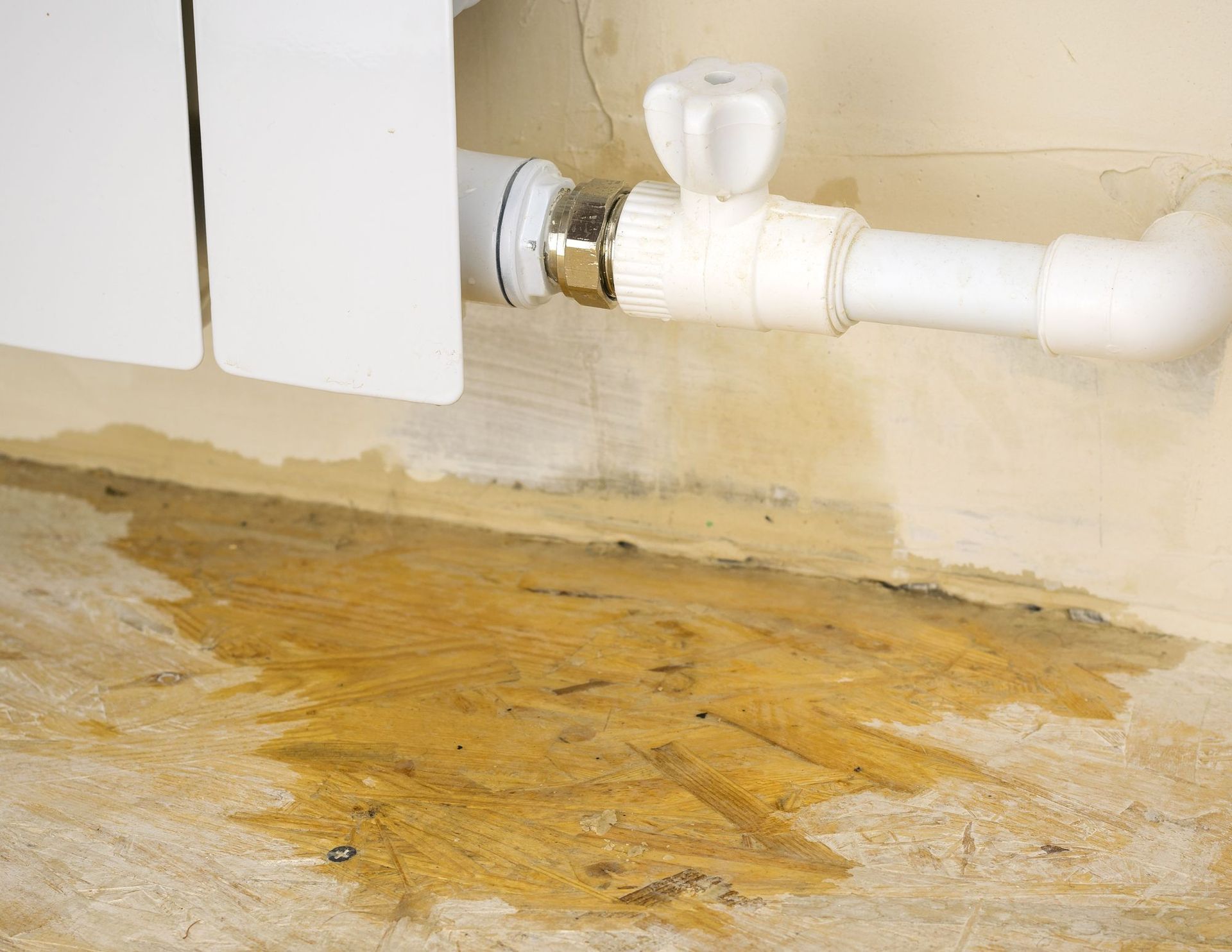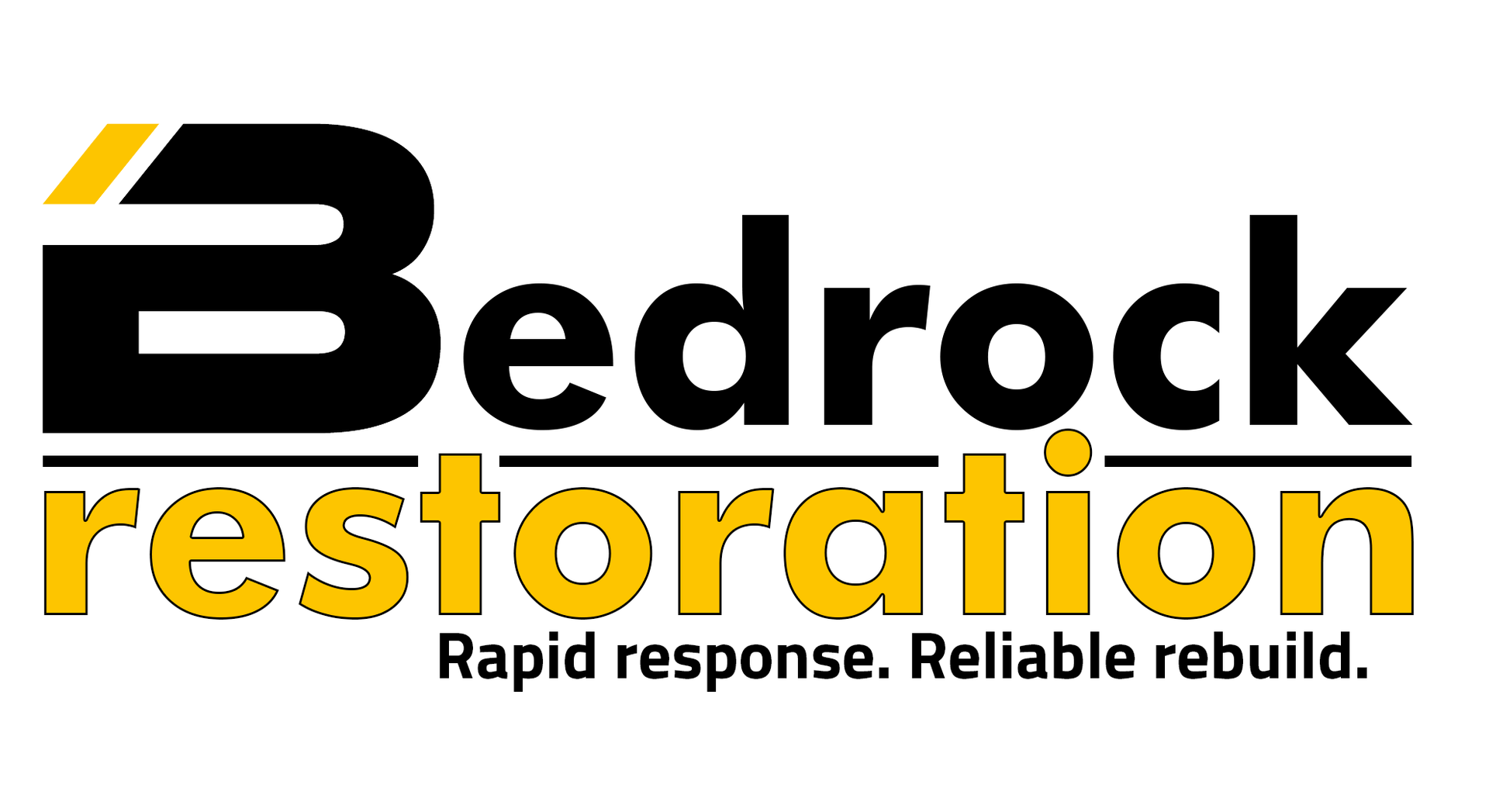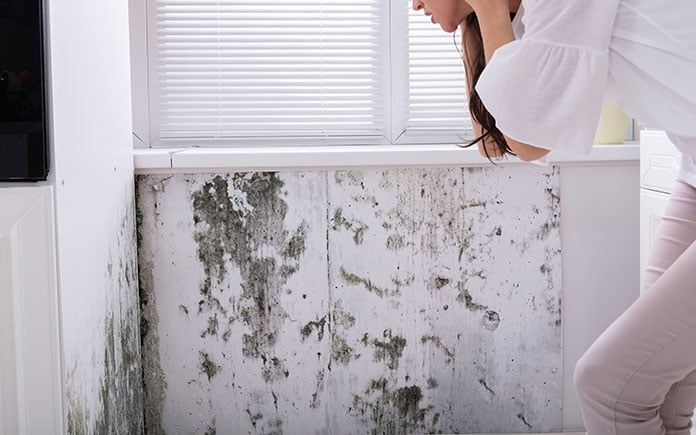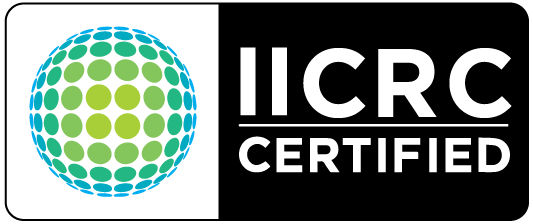Need to Know Info For Homeowners About Water Damage
Useful info to help you keep your home safe
Water damage in your home is a serious problem that can lead to costly repairs and even health risks. When water seeps into the walls, floors, or ceilings of your house, it can cause lasting structural damage and create an environment where mold and mildew can thrive. It’s important to be aware of the potential dangers of water damage so you can take steps to protect your home from this destructive force. In this blog post, we will discuss what causes water damage in homes as well as how to prevent it from occurring in the first place. We’ll also provide tips on how to identify existing water damage and what kind of repair work may be needed if it does happen. By taking proactive measures now, you can help ensure that your home remains safe and sound for years to come!
Water damage can be caused by a variety of sources, such as heavy rains or flooding, broken pipes, leaking appliances, and even plumbing problems. It’s important to identify the source of water damage in order to prevent it from occurring again in the future. However, if you do experience water damage in your home, there are steps you can take to minimize the damage and repair any lasting effects.
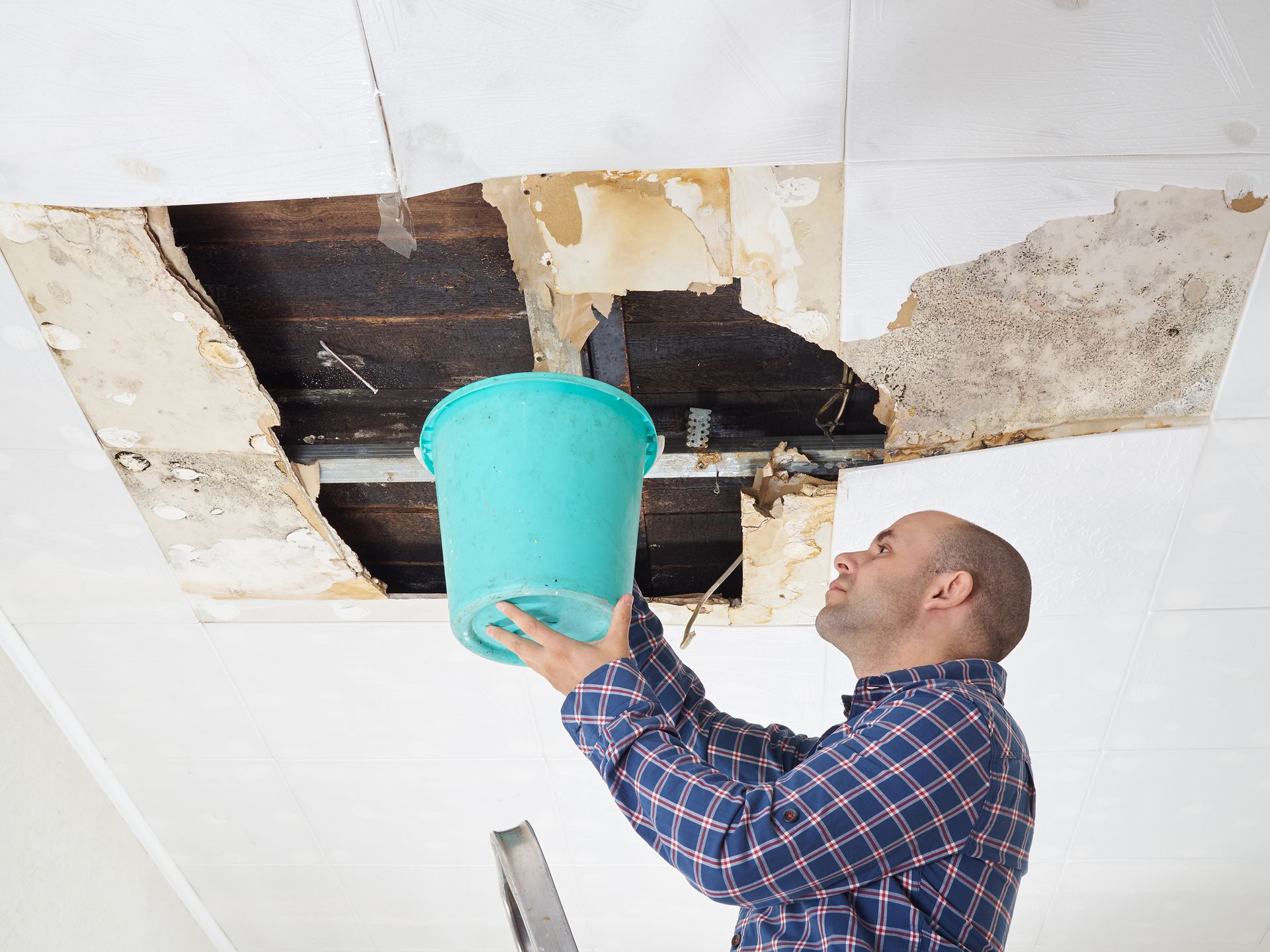
To prevent water damage from happening in the first place, make sure to check your roof, basement, and plumbing regularly for signs of damage or wear. It’s also important to be vigilant about checking for leaks around windows, doors, and other areas where water can enter your home. If you do find any signs of water damage, it’s important to address the issue immediately in order to avoid further damage.
In addition, you should also inspect your home for signs of existing water damage such as discoloration on walls or ceilings, warping on floorboards, and visible mold growth. If you do find any evidence of water damage, it’s important to act quickly and take the necessary steps to repair it. Depending on the severity of the damage, this may include replacing drywall or flooring, installing waterproof membranes, or even having a professional come in for repairs.
By taking proactive measures now, you can help ensure that your home remains safe and sound from water damage. Remember, an ounce of prevention is worth a pound of cure, so it’s important to inspect your home regularly and address any issues as soon as they arise. Doing so can help you avoid costly repairs in the future and keep your family safe from potential health risks associated with water damage.
Water damage can be a major problem for homeowners if not addressed quickly and efficiently. One of the most important steps to take is identifying the cause of the water damage and eliminating it. Common sources of water damage include heavy rains or flooding, broken pipes, leaking appliances, and plumbing problems. It’s important to do a thorough inspection in order to identify where the water is coming from so that you can take steps to stop it from happening again in the future.
Another key step is to inspect the area for existing water damage. In addition to structural damage, this may include discoloration on walls or ceilings, warping on floorboards, and visible mold growth. If you do find any evidence of water damage, it’s important to act quickly and take the necessary steps to repair it. Depending on the severity of the damage, this may include replacing drywall or flooring, installing waterproof membranes, or even having a professional come in for repairs.
Finally, it’s also important to take steps to prevent water damage from occurring in the first place. Make sure to check your roof, basement, and plumbing regularly for signs of damage or wear. You should also be vigilant about checking for leaks around windows, doors, and other areas where water can enter your home. By taking these preventive measures now, you can help ensure that your home remains safe and sound for years to come!
Water damage is a serious problem that can lead to costly repairs and even health risks if not addressed properly. It’s important to be aware of the potential dangers of water damage so you can take steps to protect your home from this destructive force. By following the tips outlined in this blog post, you can help prevent water damage and ensure that your home remains safe and sound for years to come!
